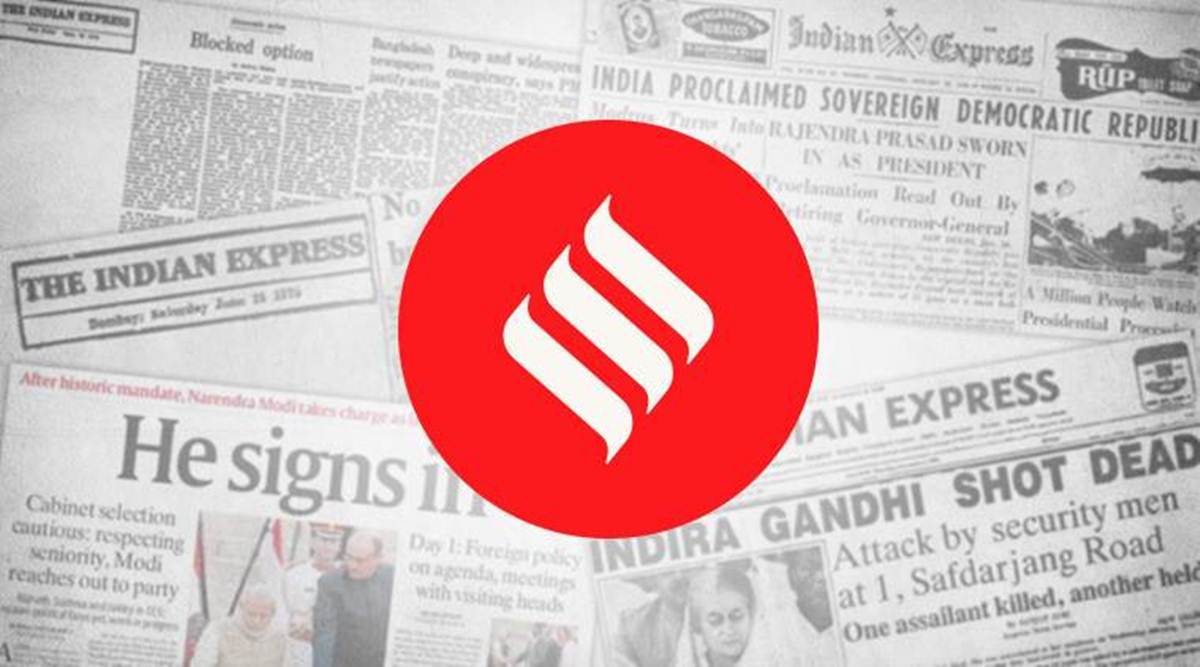 The Taliban delegation at the talks calls itself the Islamic Emirate of Afghanistan, the name of its 1996-2001 government. It does not recognise the Afghan government, whose negotiators are referred to as the Islamic Republic delegation.
The Taliban delegation at the talks calls itself the Islamic Emirate of Afghanistan, the name of its 1996-2001 government. It does not recognise the Afghan government, whose negotiators are referred to as the Islamic Republic delegation.The Delhi Police says that neither CPM general secretary Sitaram Yechury nor Swaraj Abhiyan leader Yogendra Yadav, neither economist Jayati Ghosh nor Delhi University professor Apoorvanand, or documentary film-maker Rahul Roy, are named as accused or co-conspirators in a supplementary chargesheet filed in connection with its probe into the February riots in Northeast Delhi. The Delhi Police is right — and wrong. It is true that the two political leaders, two professors and one filmmaker have only been mentioned in disclosure statements, legally inadmissible in court, of three students, facing serious charges for their alleged role in the flaring of the violence. But what is also true, and reprehensible, is the Delhi Police’s dog whistle. This is part of a chargesheet filed in the case of the murder of an 18-year-old, a chargesheet that has glaring discrepancies still to be addressed. So what was the justification of including these names other than the police’s — and its political masters’ — crude attempt at victimising those who expressed their opposition to a discriminatory law by linking them to the violence. The unvarnished message is this: All those who protested against the Citizenship Amendment Act, which, for the first time, makes religion a criterion and excludes Muslims from the list of minorities that are promised fast-tracked citizenship, can be hounded and harassed by a police force with a political view. A police that is now trampling over vital distinctions in a democracy, and equating the protester with the rioter. One that is acting — and being seen to act — as a force that will not stop at weaponising laws to criminalise the dissenter.
The investigation of the Delhi Police into the violence in Northeast has started with a conclusion — that a conspiracy was afoot to defame and destabilise the elected government, and that it included and involved those who were protesting at the time against Muslim exclusion and relegation in the CAA and proposed nation-wide NRC. It matters little, in this narrative, what the facts are — the victims of the violence were those whom it seeks to cast in the role of perpetrators, the brunt was borne by the Muslims. It matters little, too, whether the police is eventually able to find the evidence — it won’t, against individuals with as impeccable and distinguished credentials in public life as Yechury or Yadav. But in the meantime, it can unleash the due process as punishment. And send out a chilling signal, not just to Muslims, but to all those who speak for a more inclusive India, that they can speak freely, and criticise the government openly, at their own peril.
The Delhi riots case is fast becoming a pivotal test for the Delhi Police. It needs to shine the light on the complicities within. Last week, as this newspaper reported, the Delhi Police Crime Branch questioned a policeman posted with the Delhi Armed Police while investigating the death of 24-year-old Faizan, after he, along with two other men, was allegedly made to sing the national anthem and Vande Mataram by a group of policemen. But this is only a small first step. It must remember that at stake is its endangered credibility as a professional force in a country where — and here is a distinction that will not and cannot be obliterated — there is rule of law, not merely rule by law.